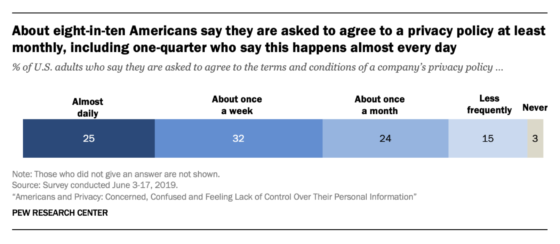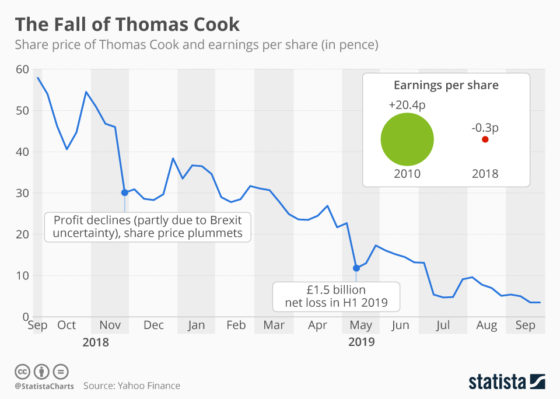Originating in the Chinese city of Wuhan, a coronavirus known as 2019-nCoV has spread quickly this month, migrating to multiple other countries as international health officials rush to contain its spread and calm fears. But the spread of the virus—and China’s response—is already having major impacts on businesses both within the country and around the world.
A member of the same family as SARS and MERS, the virus presents similar symptoms as flu or pneumonia. So far, the coronavirus outbreak has killed 17 people and has sickened at least 600 people across China alone. This week, a man in Washington State returning from a visit to Wuhan became the first identified case in the United States. He is reportedly in stable condition and in isolation. Other cases have been reported in Hong Kong, Macao, Japan, South Korea, Thailand, Singapore and Vietnam. According to the CDC, during the 2003 SARS outbreak, more than 8,000 people worldwide contracted the virus and more than 750 died.
On Tuesday, the Chinese government upgraded the classification of the virus to a Class B infectious disease, giving the government the power to take more serious steps to limit its spread. These include imposing travel restrictions in and out of Wuhan and several nearby cities, with more restrictions pending, which could effectively impose a quarantine over 25 million people. Wuhan’s railway stations, buses and subway were shut down this week, as were several highways out of the city, and hundreds of flights from the city’s international airport were reportedly cancelled.
Additionally, China has begun banning all large gatherings and cancelling public events in major cities, including Beijing. As the country prepares to celebrate the Lunar New Year—when millions travel home out of major cities and/or attend large public celebrations for the holiday—this will likely cause major disruptions for people and businesses. China’s largest investment bank, CITIC Securities, even told its employees in the Hubei province (of which Wuhan is the capital) not to travel home for the holiday, and if they did, that they would be forced to work remotely for two weeks before they could return to the office. Macao—which has one documented case of the coronavirus thus far—has cancelled a public New Year’s festival, and is considering shutting down its casinos (a huge part of the region’s economy) if more cases are discovered.
When outbreaks like the coronavirus occur, companies can protect their business and employees by reviewing existing policies and looking into additional coverage to fill gaps. As Risk Management previously wrote, even limited disease outbreaks can have major impacts on businesses, especially those in the health care industry or operating overseas. Companies may have particular cause for concern about the risks of business interruption and supply chain issues stemming from quarantines, travel disruptions and major event cancellations. For example, many U.S. pharmaceutical companies have moved their drug and medical supply manufacturing to China, and these operations can be affected by health crises.
As the disease has spread internationally, staff operating in areas with documented cases and traveling employees may also face risk of infection. In addition to the travel restrictions China has instituted in various regions, airports around the world have started instituting special screening for passengers from China, possibly further complicating travel. In fulfilling their duty of care to traveling employees, companies have a number of insurance options including foreign voluntary workers compensation or business travel accidental death and dismemberment coverage, and should take the opportunity to review existing coverage and assess any potential gaps moving forward. Pre-trip preparation and training can also help. Ensuring that employees have the resources and knowledge to find in-country medical care or a concrete evacuation plan prior to traveling can also help protect them in a crisis.



